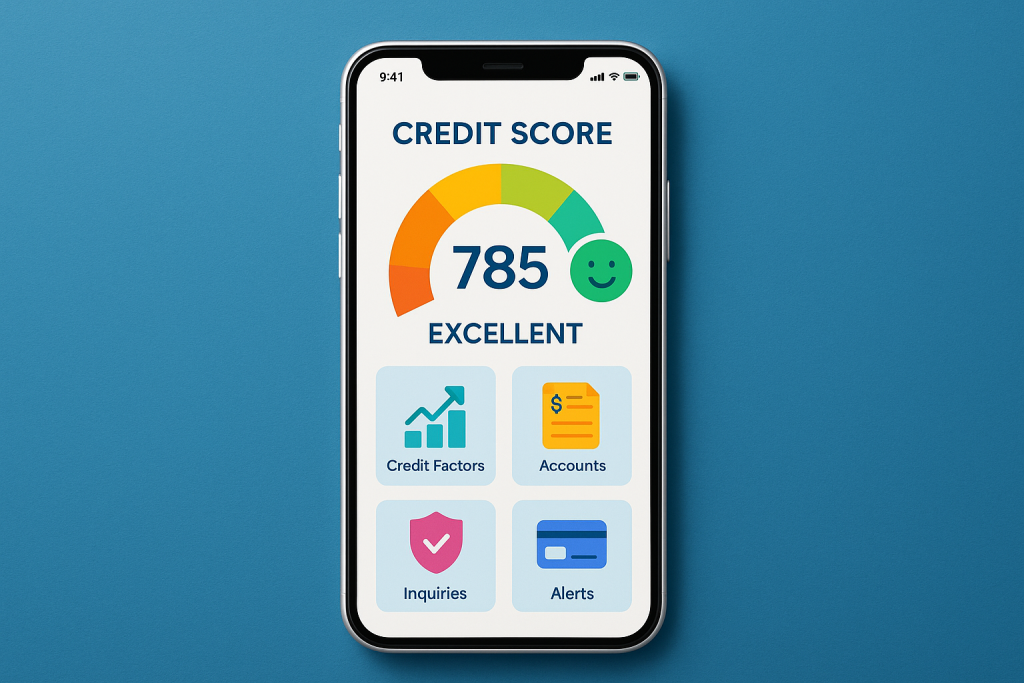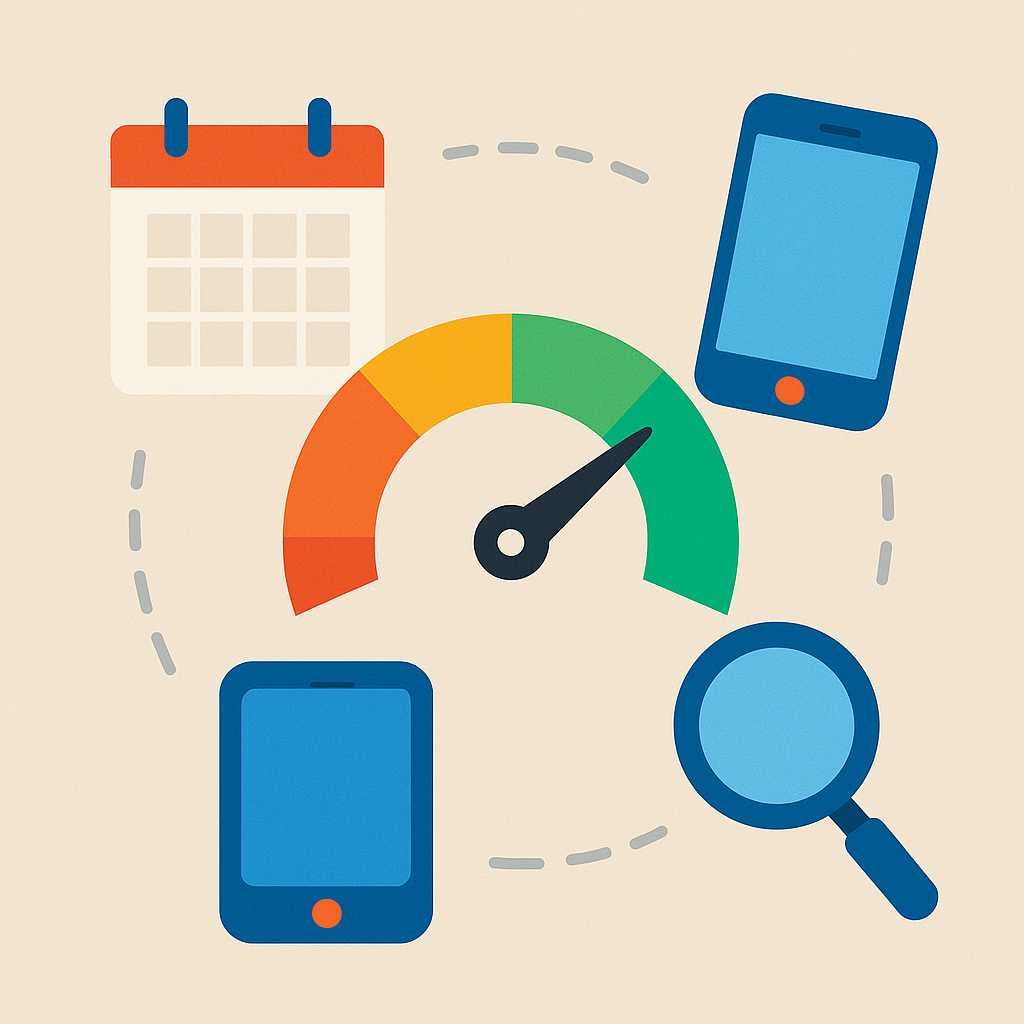Monitoring your credit score is essential to maintaining your financial health. Your credit score not only influences your ability to secure loans or credit cards but also affects interest rates and your overall credibility with lenders. Fortunately, with the abundance of resources available today, it’s easier than ever to keep an eye on your rating without incurring any costs.
By regularly checking your credit score, you can identify any discrepancies or fraudulent activities early, allowing you to address them before they escalate. Let’s explore how you can efficiently manage your credit score for free and take charge of your financial future.
Understanding the importance of your credit score

Your credit score is a numerical representation of your creditworthiness. Lenders, landlords, and even some employers use this rating to assess your reliability in managing financial responsibilities. A high score can qualify you for better interest rates on loans, saving you significant amounts over time.
Conversely, a low score can limit your financial opportunities and result in higher borrowing costs. Therefore, understanding what your credit score represents and how it affects your financial standing is crucial. Regularly monitoring this score allows you to actively manage your finances and maintain or improve your financial credibility.
Several factors contribute to your credit score, including your payment history, credit utilization ratio, length of credit history, types of credit, and recent inquiries. Each of these factors holds a different weight, affecting your overall score in distinct ways.
For instance, consistently paying your bills on time has a positive impact, while frequently applying for new credit can temporarily lower it. By familiarizing yourself with these components, you can identify areas that need improvement and take proactive steps to enhance your score.
Free tools for credit score monitoring
Numerous platforms offer free access to your credit score, allowing you to monitor it without any financial burden. Websites like Credit Karma, Credit Sesame, and even some banks provide regular updates on your score, helping you track changes over time. Each tool has its unique features, such as personalized insights and recommendations for improving your score.
While some of these platforms offer premium services, their free versions sufficiently cover the basics needed for routine monitoring. Accessing these tools online is straightforward, usually requiring the creation of an account and some personal information to verify your identity. Once set up, you can access your financial data at any time, allowing for consistent and convenient oversight of your credit status.
Tips to protect and improve your credit rating
Maintaining a good credit score requires consistent effort and strategic financial management. Start by paying your bills on time, as your payment history significantly impacts your score. Setting up automatic payments or reminders can help ensure you never miss a payment. Additionally, aim to keep your credit card balances low—ideally below 30% of your credit limit.
Building a diverse credit history by managing different types of credit, such as installment loans and credit cards, can also bolster your score. However, avoid opening too many new accounts at once, as this can harm your score due to multiple hard inquiries. Instead, regularly review your credit report to ensure accuracy and address any discrepancies promptly.
If your score is not where you want it to be, consider consulting a financial advisor or credit counselor. These professionals can provide tailored advice and strategies to improve your financial standing. With discipline and a proactive approach, you can gradually enhance your credit score, opening up more opportunities and favorable terms in the future.
Understanding credit reports
Your credit report contains detailed information about your credit history, which is used to calculate your credit score. These reports include data about your account history, the status of your credit accounts, and any public records such as bankruptcies or foreclosures. Understanding these details will help you better comprehend your financial picture.
Under federal law, you are entitled to a free copy of your credit report annually from each of the three major credit bureaus: Experian, Equifax, and TransUnion. Requesting these reports allows you to verify the accuracy of the information being reported and address any inaccuracies. Regularly obtaining and reviewing these reports is a critical part of effective credit monitoring.
Setting up alerts and notifications
Many credit monitoring tools offer alert systems that notify you of significant changes to your credit report or score. These alerts can be invaluable for promptly detecting unusual activity, such as identity theft or fraudulent accounts being opened in your name. Setting up these alerts ensures that you are always informed about your credit status.
Typically, these services will notify you when a new account appears, when your score changes drastically, or when a hard inquiry is made. This proactive approach enables you to take immediate action, whether it’s contacting your lender, disputing an error, or taking steps to protect your identity. Utilizing these alerts is a straightforward way to safeguard your credit profile.





